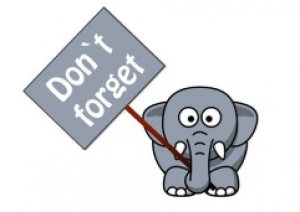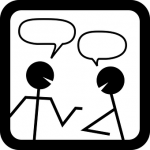Unhelpful Habits

Information
Here you’ll find answers to some common questions concerning unhelpful habits
Select the underlined questions below to see more.
Unhelpful habits are behaviours that many children may show at some point through childhood
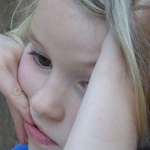
They include common behaviours such as biting your nails, as well as less common difficulties such as hair pulling and motor and vocal tics
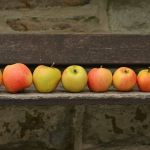 When these habits occur regularly over a period of time they can be described as an unhelpful habit or a repetition problem.
When these habits occur regularly over a period of time they can be described as an unhelpful habit or a repetition problem.
It is very common for young children to like to have things done in a particular way. When children feel anxious they can create order for themselves by completing an activity in a certain way or have a parent say a particular phrase to them e.g. a common bedtime ritual might include saying goodnight a number of times when they go to bed.
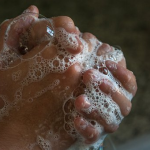
Many routines children develop can be seen as a result of feeling worried or trying to manage stress. The routines can escalate into habits over a period of time.
Obsessive-compulsive disorder (OCD) and other highly repetitive behaviours or complex rituals can have a significant impact on your wellbeing. Unhelpful ways of thinking can develop, which can maintain the habits. In the case of OCD you might be predicting that something bad might happen if you do not complete a particular behaviour.
Some unhelpful habits will decrease without intervention, or they may change from one unhelpful habit to another. For instance, you may spend a lot of time completing repetitive actions. One of the first things we try and work out is what triggers the unhelpful habits. You can learn what makes habits happen more often, and what can reduce them. Identifying unhelpful thinking patterns and developing more helpful responses can be of benefit.
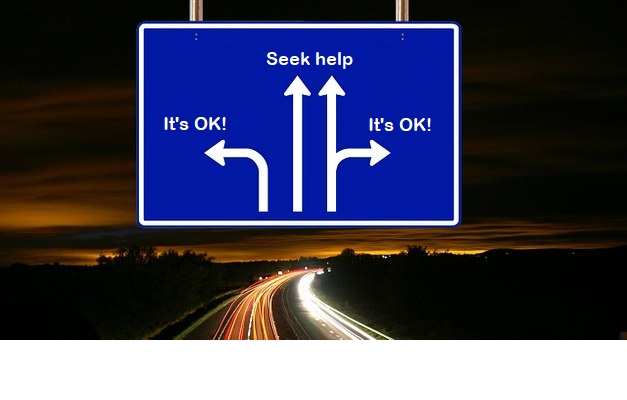
Coping with
These are other young peoples thoughts
“keeping busy can help as it takes your mind off doing it”
“being tired or worried can make tics worse”
If you need help with unhelpful habits, here are some ideas that may help you cope:
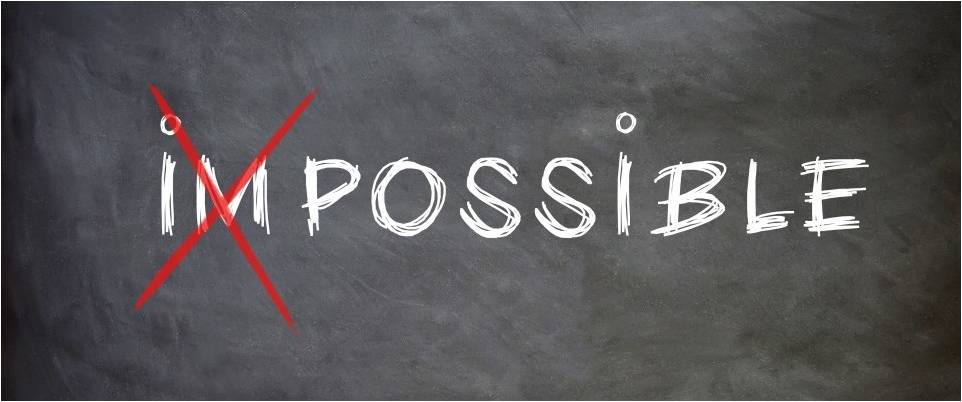
Finding help
Who can I talk to?
- Friends
- Family
- Someone you trust at school
- Youth worker
- Health professional (GP; Counsellor Nurse)
- Charities and Helplines
Select the underlined topics below to view what resources are available.
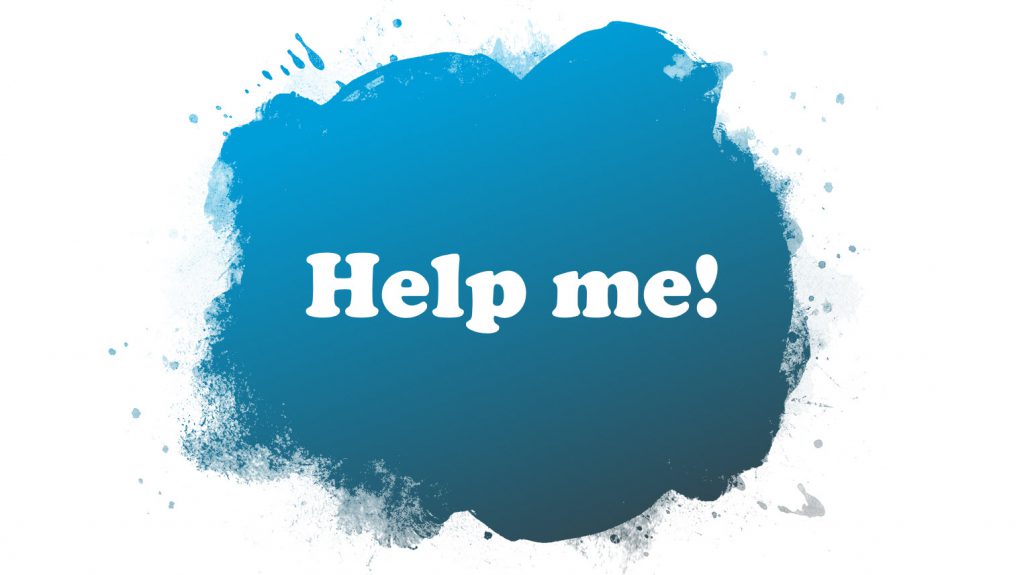
Getting more help
If you haven’t already found the help you’re looking for, you can find additional information and services which are more interactive here.
I would like to make a referral to Mental Health Services by completing the online referral form
Select the underlined topics below to view what resources are available.
…in and around North Staffordshire
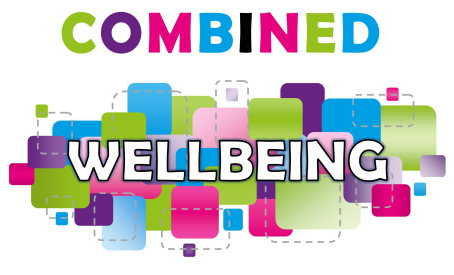

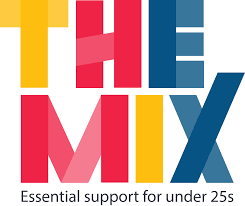


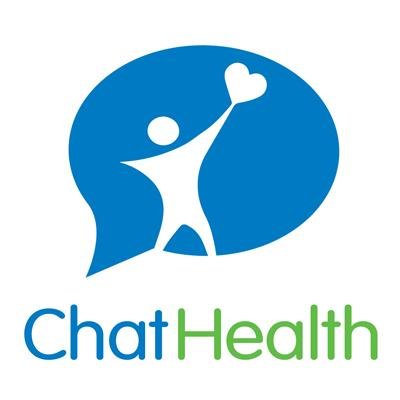

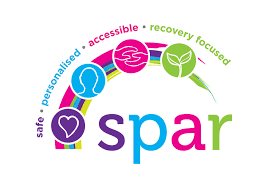
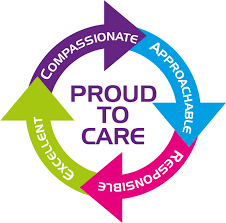




 Practice relaxation skills such as taking 5 slow deep breaths every day. Putting a sticker on items you see regularly throughout the day (e.g. your timetable, the back of your phone case) can be a reminder to take 5 slow deep breaths throughout the day. The more you practice relaxation breathing the easier it will become.
Practice relaxation skills such as taking 5 slow deep breaths every day. Putting a sticker on items you see regularly throughout the day (e.g. your timetable, the back of your phone case) can be a reminder to take 5 slow deep breaths throughout the day. The more you practice relaxation breathing the easier it will become. 